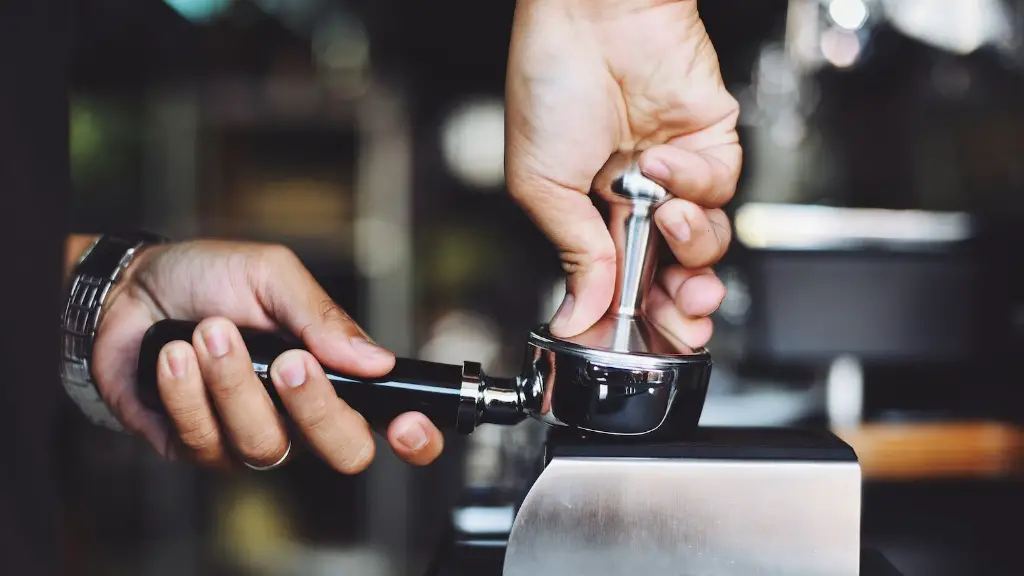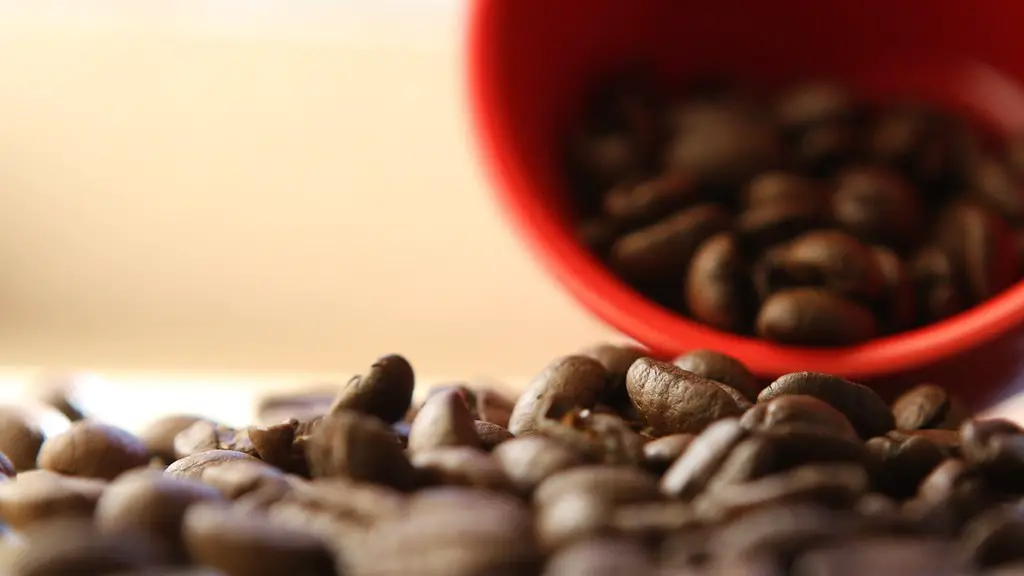What Happens If You Only Drink Coffee And Don’t Eat?
Coffee has long been regarded as a dietary staple for its stimulating effects and the unique flavor it provides. But is it possible to subsist on coffee alone, devoid of any other nutrition? The short answer is no. As delicious and energizing as coffee may be, it is important to understand the implications of eschewing a more complete, balanced diet. Additionally, there are various risks associated with relying too heavily on coffee consumption.
To begin with, without a balanced diet providing essential nutrients, minerals, and vitamins, it is possible to quickly become malnourished and vitamin deficient. According to a study by the American Journal of Clinical Nutrition, an avoidance of food and a reliance on caffeine can deplete iron, zinc, and magnesium stores in the body. This can cause an anemia-like effect, fatigue, and the onset of symptoms such as insomnia, dizziness, and headaches.
Drinking coffee exclusively can also affect metabolic functioning. A study published in Nutrients found that caffeine consumption is associated with increased cortisol levels. While elevated cortisol levels can improve mental focus, it can also lead to anxiety and panic in certain individuals. Regular elevation in cortisol levels can also lead to weight gain and inflammation.
Moreover, while coffee contains some beneficial antioxidants, it also contains an estimated 100 mg of caffeine per 6 oz/170 ml cup. According to a report by the European Food Safety Authority, consuming more than 400mg of caffeine per day can lead to adverse side effects such as restlessness, irritability, tremors, and insomnia. This heightened state of arousal created by excessive caffeine consumption can also affect the user’s ability to focus and concentrate.
Finally, coffee is traditionally used to energize and invigorate the senses. On the other hand, if taken to excess, it can lead to an overly caffeinated feeling, complete with jittery sensations, nausea, and difficulty sleeping. Additionally, caffeine is a diuretic and can dehydrate the body if not properly balanced with other liquid sources.
The Impact On Digestion
It is also important to consider the effects of not eating on the digestive system. Without proper nourishment the body is unable to break down food and absorb its nutrients efficiently. This can lead to decreased metabolic functioning, bloating, and cramping. Furthermore, without regular food sources, the body can become more prone to digestive tract infections such as Salmonella.
Even more concerning is a condition known as altered states of nutrition. This can occur when an extremely imbalanced diet is adopted, such as relying exclusively on coffee or other caffeinated beverages. According to The Journal of Nutrition, this can lead to a rapid loss of body fat and muscle mass, malnutrition, and a weakened immune system.
In fact, the National Institutes of Health have warned that extreme diets such as these can “lead to serious conditions, including death” if advised for long periods of time. Such conditions also have a greater impact on younger age groups such as adolescents and children, due to their increased vulnerability to nutritional deficiencies.
Overall, relying solely on coffee or other solutions to satiate hunger is never an advisable practice. Despite its myriad of health benefits, it is important to understand the risks and consequences of replacing wholesome food sources with coffee or other caffeinated beverages.
The Cost
Beyond the health implications, a coffee-exclusive diet may be an impractical financial choice. For instance, a banana, apple, or other nutritious snack may cost only a few dollars, while a comparable volume of ready-made coffee would cost substantially more.
Furthermore, many coffee drinks are high in sugar, which is known to increase the risk of cardiovascular disease, diabetes, and tooth decay. These added calories may have unwanted effects, and should be avoided if healthier alternatives exist.
In the end, avoiding complete meals in favor of coffee and other caffeinated beverages can become both an economical and health-related burden. This is why a well-rounded diet is so important, as it provides essential nutrients that may be lacking from liquids such as coffee or sugary drinks.
Effects On Mental Health
It is also important to consider the effects that skipping meals can have on mental health. According to a report by Mental Health America, poor nutrition can lead to an increased risk of depression, anxiety, and eating disorders. This is especially important to note when considering the dietary habits of young people, who are more at risk of developing behavioral patterns which lead to poor mental health.
The issue is further complicated by the fact that coffee itself can be a source of emotional arousal. Caffeine is known to increase alertness, improve cognitive function, and even decrease symptoms of depression. As a result, there is a risk of leaning too heavily on coffee to alleviate mental health issues, rather than seeking out healthier solutions.
In the end, it is essential to factor in the emotional implications of not eating in addition to the physical impacts. A diet exclusive of food will drastically impact the user’s psychological state, leading to long-term adverse effects. The Mayo Clinic advises speaking with a doctor before altering a diet, as it may not be possible to do so safely on one’s own.
Effects On Physical Activity
A reliance on coffee as a meal replacement can also have tangible impacts on physical activity. An imbalanced diet can lead to decreased energy levels, mental fatigue, and reduced workout performance. Even muscle growth will become increasingly difficult without energy sources to act as fuel.
More specifically, a lack of carbohydrates can lead to weaker muscles due to decreased performance and muscle wasting. Protein, too, plays a crucial role in muscle regeneration and growth, something that can easily be overlooked in the absence of meals. Even sleep is affected by an unhealthy diet, sabotaging the body’s attempts to repair itself during recovery.
In conclusion, it is essential to consider the effects of an imbalanced diet on physical performance. Without efficient fuel sources, physical gains become impossible and workout intensity is decreased. Even regular activities such as running or jogging can be made more difficult due to a lack of energy.
Conclusion
Overall, coffee should be enjoyed as part of a larger and more complete diet, not exclusively. While caffeine has many impressive and beneficial properties, it cannot provide all of the essential nutrients necessary for a healthy body. Additionally, there are considerable economic and physical consequences associated with eschewing full meals.
It is important to prioritize health and wellness above all else, and be mindful of the implications of an imbalanced diet. Even occasional coffee-exclusive meals may have consequences, and regular adherence to this practice can lead to severe short and long-term health risks.





